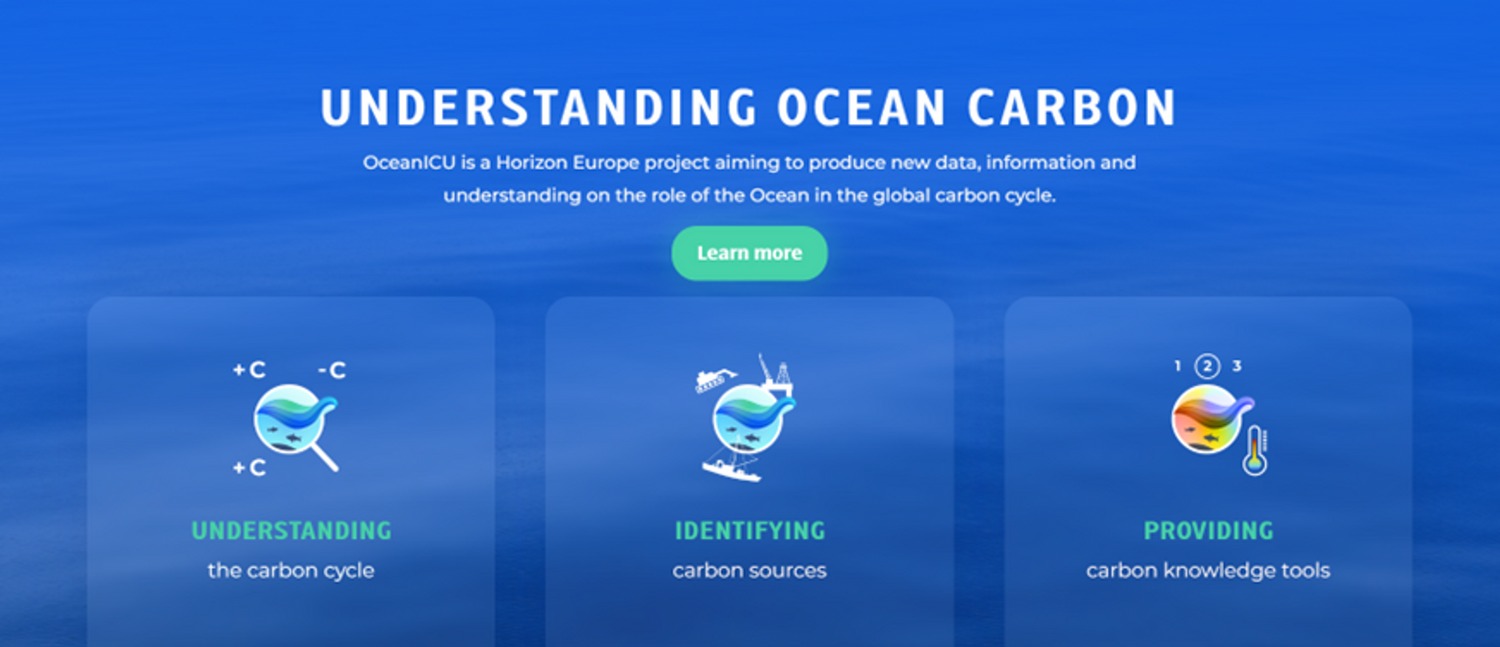Climate change is recognised as one of the biggest challenges that society is facing, and it is due to the increased concentration of greenhouse gases (GHG) in the atmosphere largely as a consequence of human activities. Carbon dioxide (CO2) is the GHG responsible for approximately 50% of the current warming.
The ocean plays a crucial role in the global carbon cycle, taking up approximately 25% of the CO2 we emit to the atmosphere. Importantly, the scale of this carbon sink is still uncertain. Reducing such uncertainty is of paramount importance to design effective mitigation plans.
OCEAN-ICU is a new EU-funded project coordinated by the Norwegian Research Centre AS and involving several institutes that are also part of Mission Atlantic. The project aims to understand how the carbon sink will be affected by climate change (i.e., the effect of warming, acidification and de-oxygenation), by biological and ecosystem processes (e.g., food web interactions, vertical migration) and by human activities (e.g., deep sea mining, bottom trawling).
The project will combine field observations, experimental approaches and numerical modelling to assess the relative importance of different processes studied and provide to the Intergovernmental Panel on Climate Change (IPCC) updated estimate of the oceanic carbon sink and its trend. Such knowledge will also support the ambition of the United Nations Framework Convention on Climate Change (UNFCCC) to include the ocean carbon sink in the global stocktake.
The team will also exploit the new knowledge to deliver Decision Support Tools that will enable end users and stakeholders to quantify the impact of their decision on the ocean carbon cycle and therefore develop a carbon-aware management plan. Such tools will constitute a major contribution to achieving the mitigation targets enshrined in the European Green Deal and the European climate Law.
More information on the project can be found here: ocean-icu.eu
